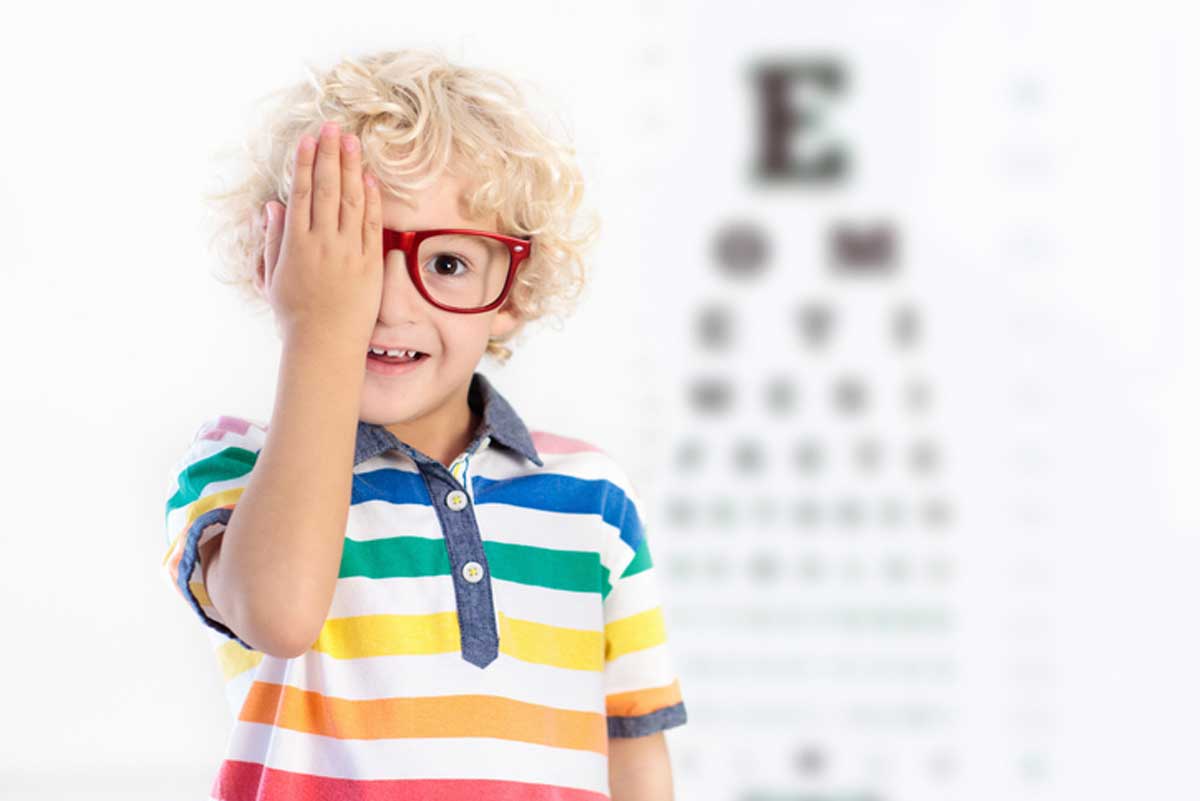 |
Researchers found that progressive addition lenses are not slowing myopia progression at a quick enough pace to handle the growing problem in children. Photo: Getty Images. |
A recent study compared the impact of customized progressive addition lenses (PALs) with that of single vision lenses on juvenile-onset myopia progression among children with near esophoria. The study authors observed that PALs had a significant, but only minimally protective, effect against progression in these patients.
This prospective, double-masked, randomized trial included 93 children, ages seven to 14, with spherical equivalent refraction ranging from -0.50D to -4.00D and near esophoria ≥2Δ. They were randomly assigned into one of two groups: customized PALs or single vision lenses. The primary objective measure was myopia progression, which was determined by cycloplegic autorefraction.
Two-year follow-up was completed by 84 (90%) of the children. Of these, 74 (88%) reported constant wearing of their glasses and viewing through the appropriate areas of the lenses, according to a questionnaire given to children and their parents.
When adjusting for age, gender and baseline covariates, the researchers reported a two-year myopia progression of -1.32D in the customized progressive addition lenses group and -1.55D in the single vision lenses group. Their findings demonstrated that progression was 0.23D slower among children with customized progressive addition lenses, which was statistically significant.
A post-hoc analysis revealed significantly larger treatment effects for customized progressive addition lenses among children without myopic parents (0.47D) as well as in those with lower baseline myopia (0.33D), higher baseline accommodative lag (0.36D) and higher baseline near esophoria (0.30D).
“We found that customized progressive addition lenses had statistically significant but no clinical treatment effect on myopia progression in Chinese children with myopia and near esophoria. Our prospective, randomized, double-blind research provided reliable evidence that controlling the phoria state or accommodative lag did not significantly alleviate myopia progression,” the study authors concluded. “New measures according to other pathophysiological mechanisms of myopia need to be applied to slow down its progression.”
Zhu X, Wang D, Li N, et al. Effects of customized progressive addition lenses vs. single vision lenses on myopia progression in children with esophoria: a randomized clinical trial. J Ophthalmol. February 27, 2022. [Epub ahead of print]. |

